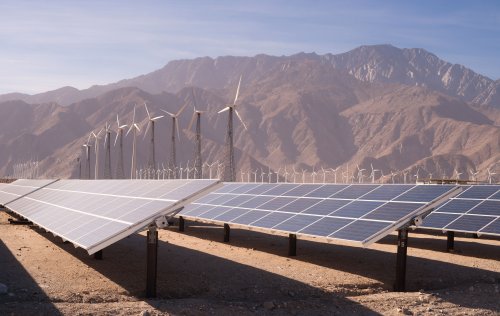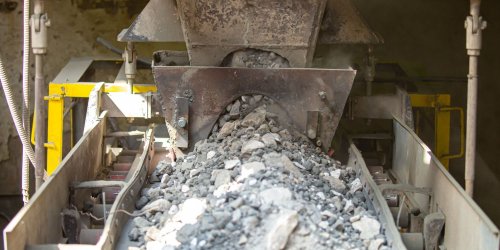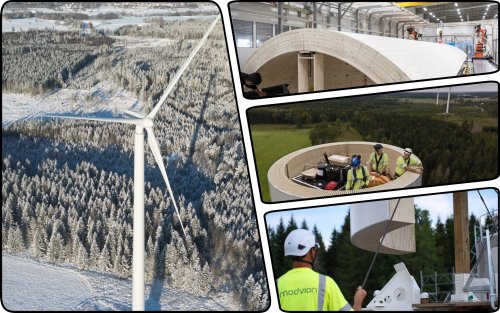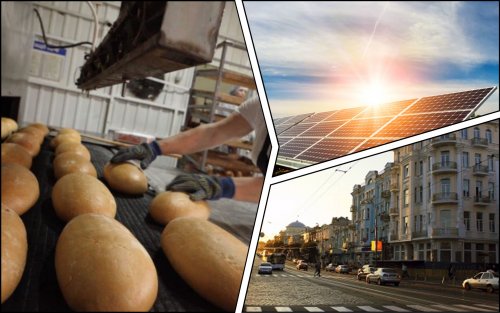In Rome, Italy, there are plans to equip 1,500 schools and 70,000 public housing units with solar panels and make them energy efficient.
Buildings are responsible for about 53% of the city's carbon emissions, EURACTIV reports.
The mayor of Rome, Roberto Gualtieri, emphasized that emissions from buildings are the main problem that must be solved in order to achieve climate neutrality.
"We are already addressing this with a very ambitious energy efficiency program in schools, residential and public buildings, and today we have volunteered to do more," he said.
Gualtieri emphasized that such projects can be implemented as part of the REPowerEU plan, adopted in 2022 in response to Russia's full-scale invasion of Ukraine. With additional EU funding potentially available, Rome will be able to increase its climate ambitions.
It is noted that after modernization, schools will be able to become energy self-sufficient, with zero emissions. In addition, they will also be able to provide energy to their neighbors and become a center of social cohesion and solidarity.
Gualtieri said there is no need to soften the EU's Energy Performance of Buildings Directive (EPBD), which is currently being revised with higher targets. He emphasized the need to support energy-efficient measures. After all, they structurally reduce the cost of energy.
It is noted that public transport is also planned to be strengthened in Rome. After all, road traffic creates 35% of the city's emissions. According to the European Environment Agency, the city is on the list of cities with the worst air quality in Europe.
The article emphasized that there is an "emergency situation with waste" in Rome. Thus, the city does not have a waste processing plant and spends €200 million a year to send its waste to other parts of Italy and Europe. Waste recycling is inefficient and the streets are often littered with rubbish.
Gualtieri said that Rome has adopted an ambitious new waste disposal plan, including achieving 65% separate waste collection by 2030. Thus, 30 waste collection centers, two anaerobic biodigesters and a waste processing plant will be created, which will be ready by 2026.
"This will allow us to reduce the total share of waste going to landfills from 33% to 3% and achieve a 90% reduction in emissions in the waste cycle," he said.
Earlier, EcoPolitic wrote, that the European Union has completed the reform, which brings the goals of energy independence to the recovery fund after the coronavirus pandemic in the amount of €800 billion.
As Ecopolitic previously reported, in Venice, due to low tides and lack of precipitation, part of the canals have become shallow, and gondolas, water taxis, and ambulances cannot move through them. It is not the first year that Italian rivers and lakes suffer from a serious lack of water.





